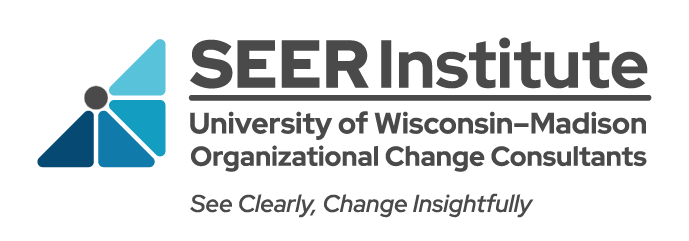Inclusive Professional Framework
What is the Inclusive Professional Framework (IPF)?
The IPF identifies three core domains – Identity, Intercultural, and Relational – which underlie inclusive professional practices. The IPF provides a set of skills in the three domains that can be applied to inclusive practices across context and roles. These skills also contribute to health and well-being and inclusive climates within institutions and organizations.
Listen to the creators, Robin Greenler and Donald Gillian-Daniel of the Inclusive Professional Framework explain the framework, its applications, and possibilities for translation to other contexts.
Domain-Based Skill Sets
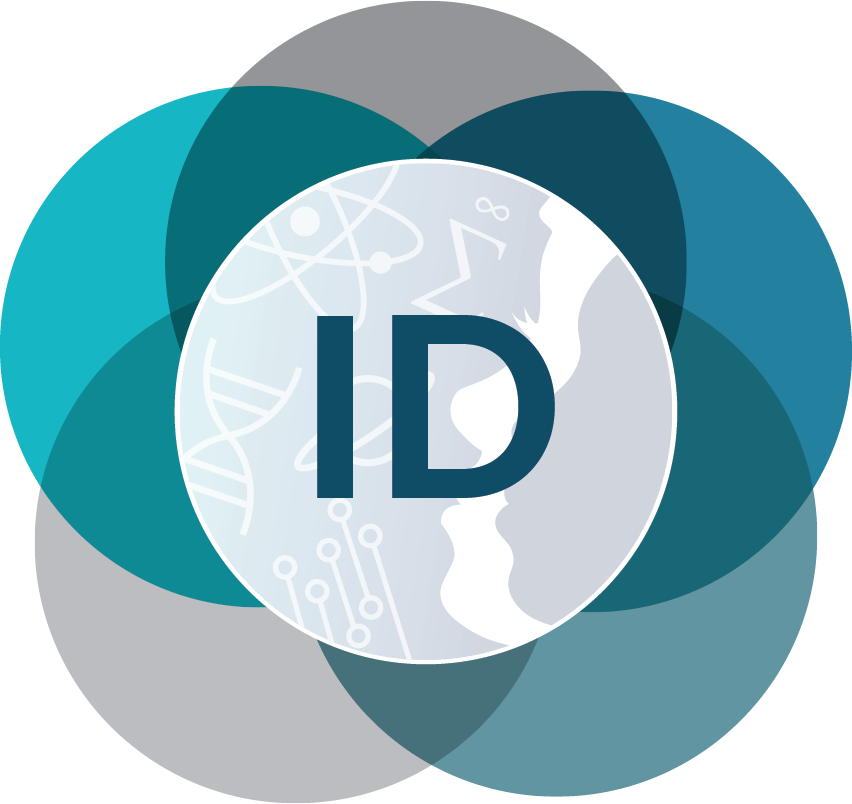
Identity
Developing an awareness of self and others’ social and cultural identities, the intersectionality of those identities, and examining the role that identity plays in creating effective learning and working environments.
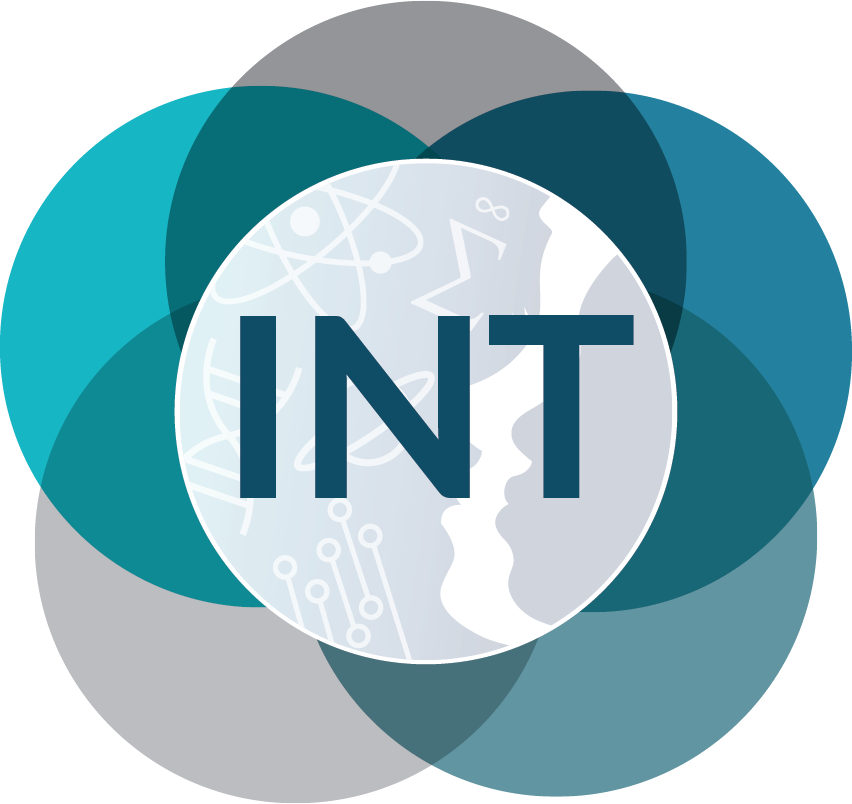
Intercultural
Developing an understanding of cultural differences in ways that enable effective interactions with others from different racial, ethnic, or social identity groups in both domestic and international contexts.

Relational
Building one-on-one connection, trust and relationship through effective communication and relational skills, which support effective interpersonal interaction.
Application to Professional Contexts
Inclusive Professional Framework for Faculty
The IPF: Faculty promotes student success by providing a set of skills in the three domains – Identity, Intercultural, and Relational – that can be applied to inclusive practices across faculty roles such as teaching, research mentoring, advising, leadership, and colleagueship. These skills also contribute to health and well-being and inclusive climates within the institution
WHY care about the IPF: Faculty? Inclusive environments in faculty careers:
- Foster underrepresented group (URG) student success
- Close the achievement gap in URG STEM participation
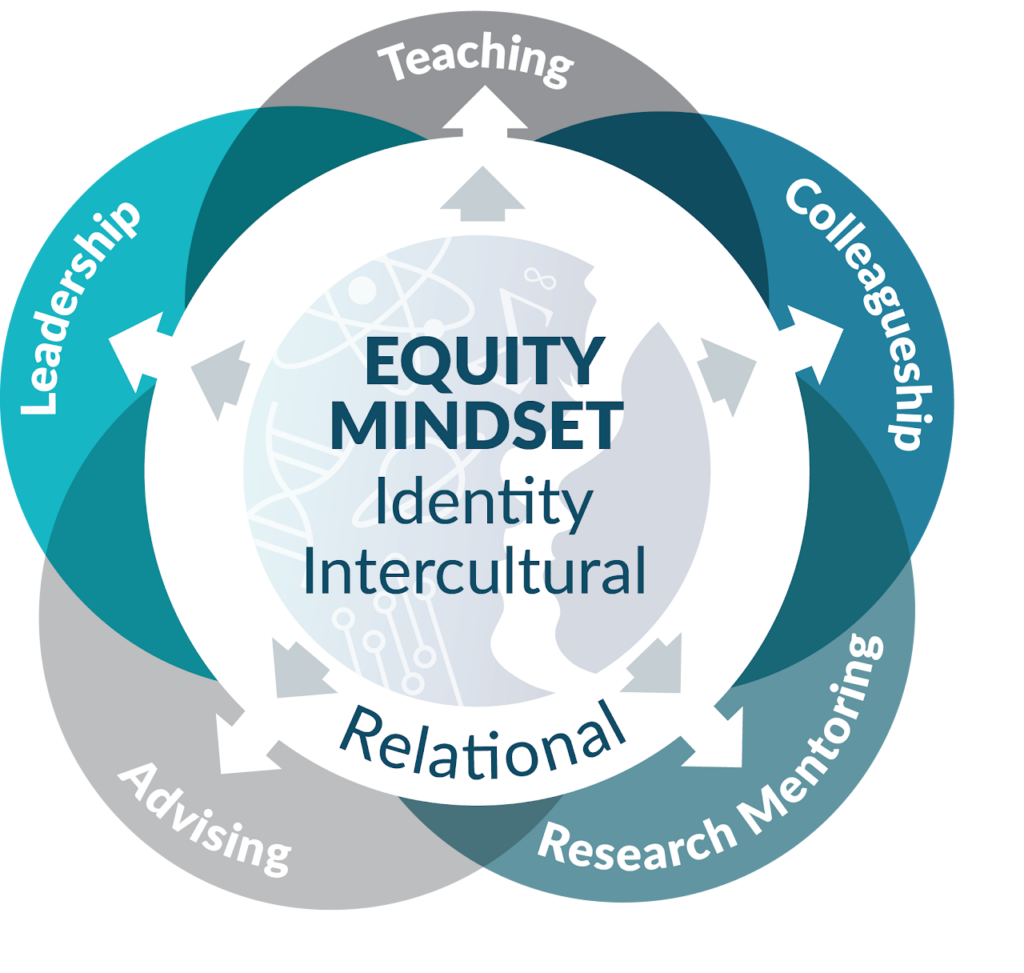
This is a diagram that shows the three specific domains that represent the Inclusive Professional Framework (IPF) for faculty: identity, intercultural, and relational going from inside to outside. The diagram additionally shows that identity and intercultural awareness make up an equity mindset that allows for inclusive relationships. It also depicts how the three domains interact with each of five different faculty roles, listed around the diagram and represented by overlapping circles of different colors. These roles include teaching at the top, then in a clockwise direction: colleagueship, research mentoring, advising and leadership. In the middle are two circles. Within the innermost, there resides the Equity Mindset comprised of the Identity and Intercultural domains. From this circle there are five arrows pointing outward to the five overlapping circles of the faculty roles. Those arrows are within the second circle where the relational domain resides. From this second circle there are five more arrows that point into the five overlapping circles of the five faculty roles.
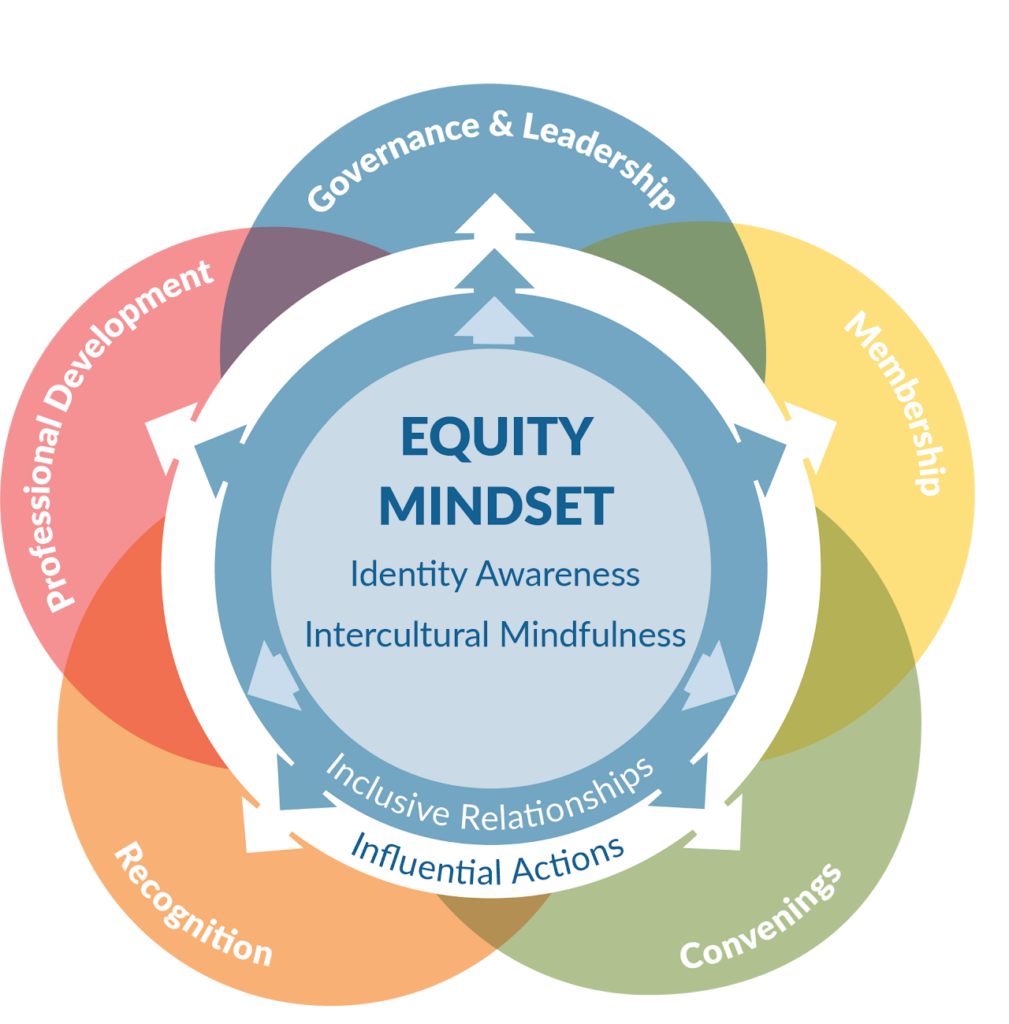
This is a diagram which shows the four specific domains that represent the Inclusive Professional Framework (IPF) for societies: identity awareness, intercultural mindfulness, inclusive relations, and influential actions. It also depicts how the domains interact with each of five different society functions, listed around the diagram and represented by overlapping circles of different colors. These functions are governance & leadership at the top, then in clockwise direction: membership, convenings, recognition and professional development. In the middle there are three circles. Within the innermost, there resides the Equity Mindset comprised of the Identity Awareness and Intercultural Mindfulness domains. From this circle there are five arrows pointing outwards to the five overlapping circles of the society functions and are within the second circle where the Inclusive Relationships domain resides. From this second circle are five arrows pointing outwards to the five overlapping circles of the society functions and are within the third circle where the Influential Actions domain resides. From this third circle there are five more arrows that point into the five overlapping circles of the five societal functions.
Inclusive Professional Framework for Societies
The IPF: Societies promotes STEM culture reform by providing a set of skills in the three domains – Identity Awareness, Intercultural Mindfulness, and Inclusive Relationships, plus a fourth domain – Influential Actions – that is informed by the specific functions performed by the society. This skill set can be applied to inclusive practices across society functions such as governance & leadership, membership, convenings, recognition, and professional development.
WHY care about the IPF: Societies? Professional and disciplinary societies:
- Serve broad memberships
- Help define disciplinary norms and culture
- Inform accrediting bodies
Thus providing “excellent leverage with which to design and promote change” (NAP #11153).
